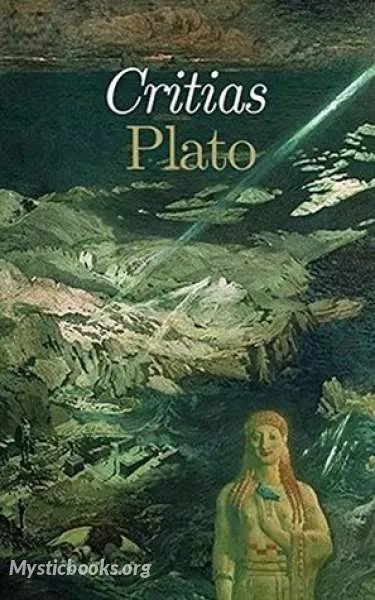
Critias
'Critias' Summary
Essentially the story is about a good city and a city gone bad and the divinely arranged, therapeutic punishment of the bad city by its defeat at the hands of the good.
— Warman Welliver
According to Critias, in ancient times, the Earth was divided among the gods by allotment. The gods treated the humans in their districts much as shepherds treat sheep, tending and guiding them like nurselings and possessions. They did this not by force, but by persuasion. In those days, the areas which are now the islands of Greece were high hills covered in good soil.
A number of great deluges came (including the global flood of Deucalion), and because no soil washed down from the mountains to replace the lost soil, the soil in that land was stripped away, causing much of the area to sink out of sight, and the islands that remained to become the "bones of a dead body."
Athens, in those days, was very different. The land was rich and water was brought in from underground springs (which were later destroyed by earthquake). He describes the civilization of Athens at that time as ideal: pursuing all virtue, living in moderation, and excelling in their work.
Book Details
Language
EnglishOriginal Language
GreekPublished In
Authors
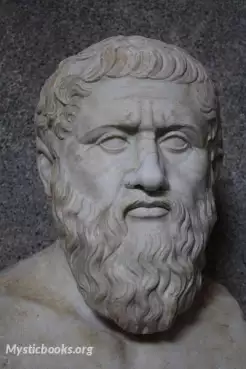
Plato (Πλάτων)
Greece
Plato ( Classical Attic; 428/427 or 424/423 – 348/347 BC)) was an Athenian philosopher during the Classical period in Ancient Greece, founder of the Platonist school of thought and the Academy,...
Books by Plato (Πλάτων)Download eBooks
Listen/Download Audiobook
- Select Speed
Related books
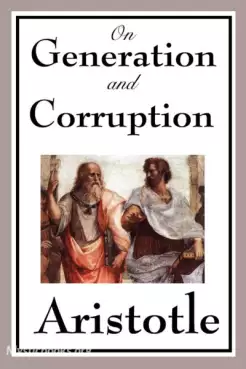
On Generation and Corruption by Aristotle
On Generation and Corruption also known as On Coming to Be and Passing Away is a treatise by Aristotle. Like many of his texts, it is both scientific...
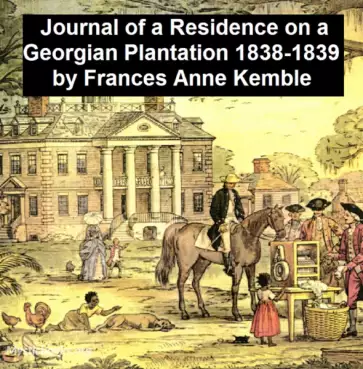
Journal of A Residence On A Georgian Plantation, 1838-1839 by Frances Kemble
Fanny Kemble was a British actress who married mega-plantation owner, Pierce Butler of Georgia. During her marriage she kept journals of everyday life...
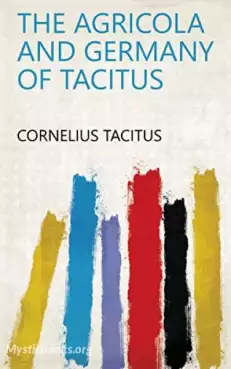
Agricola by Cornelius Tacitus
The Agricola is a book by the Roman historian Tacitus, written c. AD 98. The work recounts the life of his father-in-law Gnaeus Julius Agricola, an em...
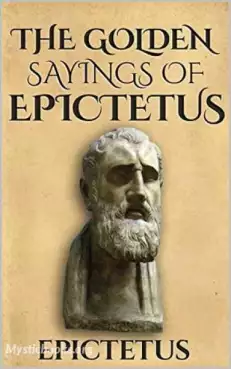
The Golden Sayings of Epictetus by Epictetus
Aphorisms from the Stoic Greek.

Actions And Reactions by Rudyard Kipling
This collection of short stories by Rudyard Kipling explores themes of adventure, morality, and the human condition. The stories are set in various ti...
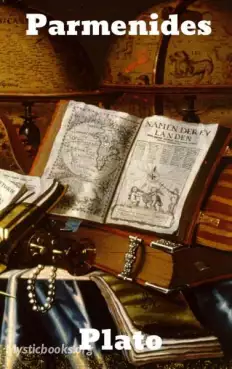
Parmenides by Plato (Πλάτων)
Parmenides is one of the dialogues of Plato. It is widely considered to be one of the most challenging and enigmatic of Plato's dialogues. The Parmeni...
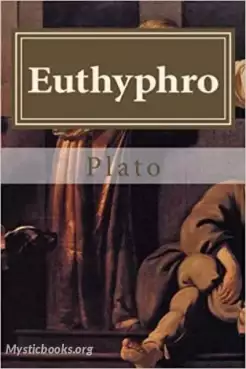
Euthyphro by Plato (Πλάτων)
Euthyphro by Plato, is a Socratic dialogue whose events occur in the weeks before the trial of Socrates (399 BC), between Socrates and Euthyphro. The...
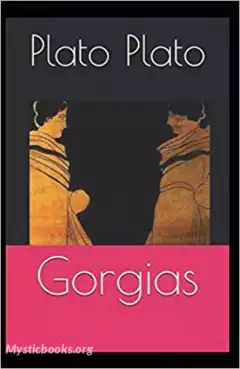
Gorgias by Plato (Πλάτων)
Gorgias is a Socratic dialogue written by Plato around 380 BC. The dialogue depicts a conversation between Socrates and a small group of sophists (and...
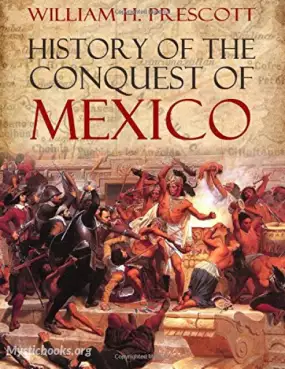
History of the Conquest of Mexico by W.H. Prescott
William H Prescott was an American historian whose sight had reduced him to near blindness, and who had never visited Mexico, yet researched and recon...
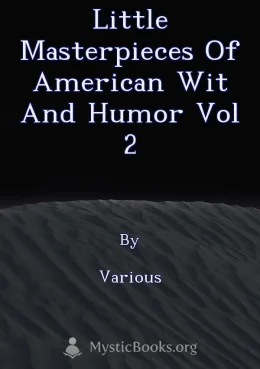
Little Masterpieces of American Wit and Humor Vol 2 by Various
'Little Masterpieces of American Wit and Humor' Volume 2 is a collection of short stories, essays, and humorous anecdotes from some of America's most...
Reviews for Critias
No reviews posted or approved, yet...